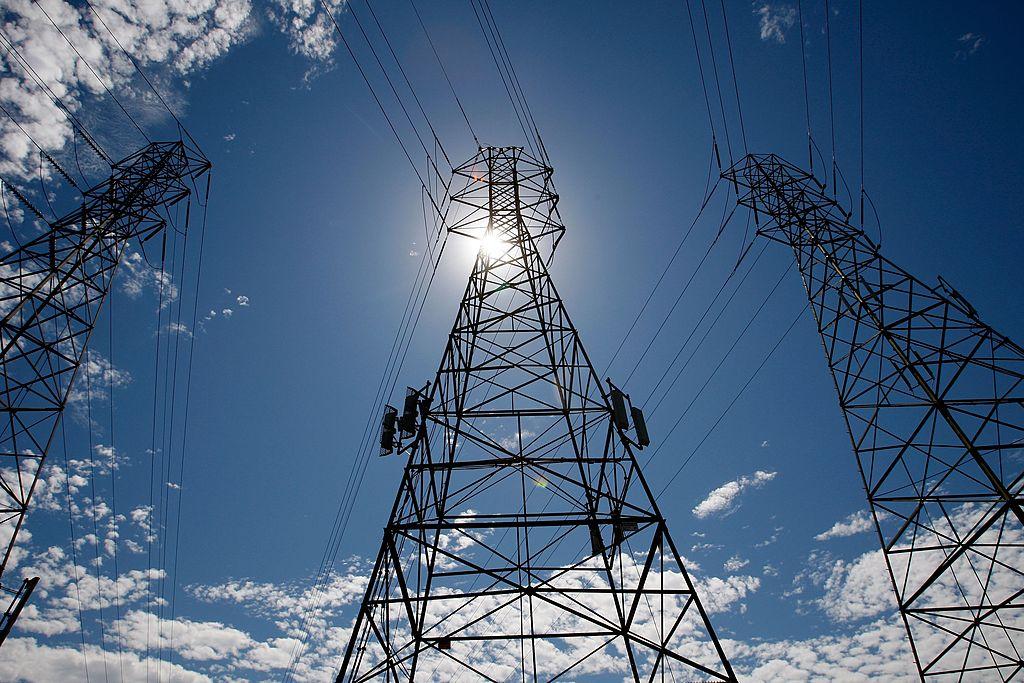Commentary
War often leads to inflation, and although inflation isn’t directly responsible for recession, price increases and decreased economic activity often lead to a recession.

War often leads to inflation, and although inflation isn’t directly responsible for recession, price increases and decreased economic activity often lead to a recession.